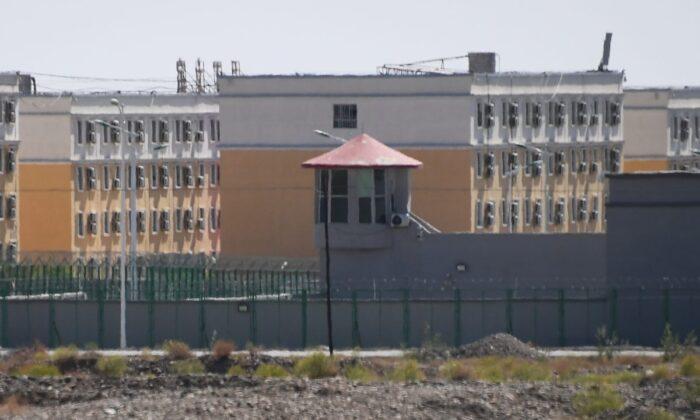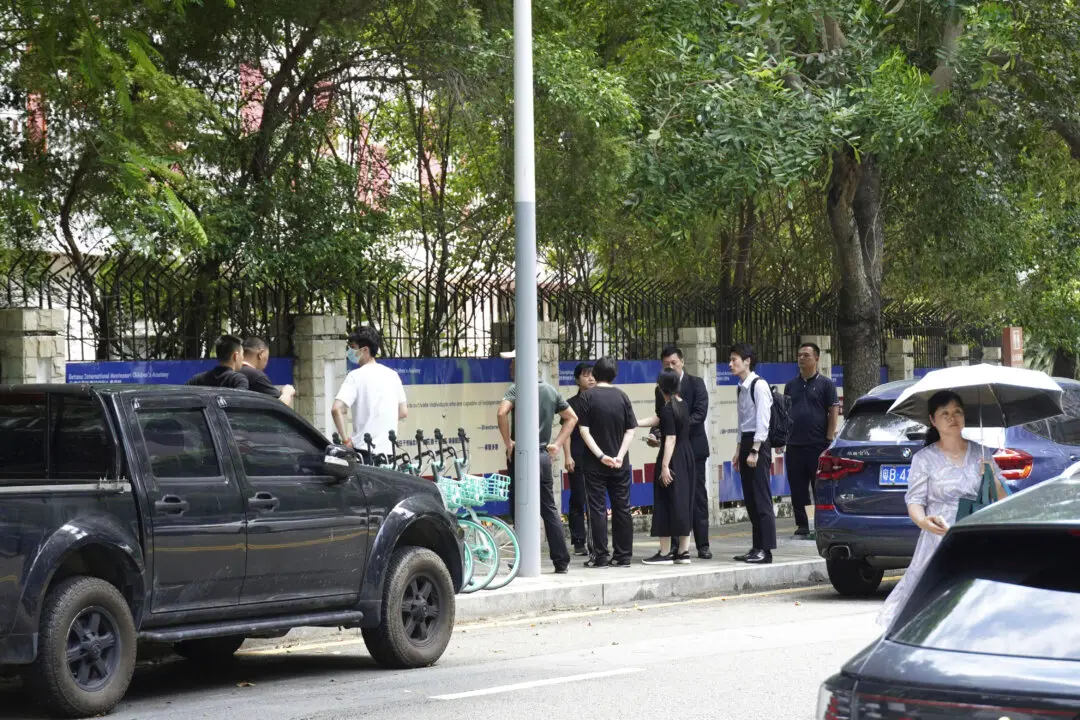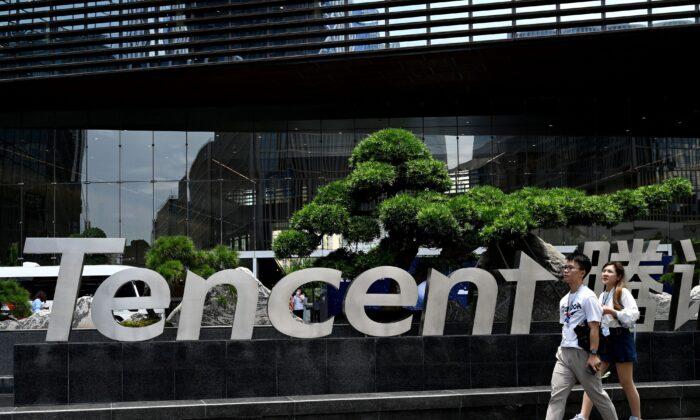“Forced labor is a violation of basic human rights,” Secretary of Homeland Security Alejandro N. Mayorkas said in a statement. “The United States is making progress towards the eradication of forced labor while supporting economic fairness, safeguarding human rights, and holding perpetrators accountable.”
The law is named after the Uyghur Muslims of Xinjiang, a group that international investigations have found to be subjected to forced labor by the Chinese Communist Party (CCP). The group has also been targeted for persecution by the regime.
“Today’s enforcement actions make it clear—the United States will not tolerate forced labor in the goods entering our markets,” Robert Silvers, undersecretary of Homeland Security for Strategy, Policy, and Plans and chair of the Federal Labor Enforcement Task Force. said in a statement.
“The Uyghur Forced Labor Prevention Act is a powerful tool in the fight against forced labor, and we are using it to its full potential. We urge companies to take responsibility, know their supply chains, and act ethically.”
The Xinjiang region is rich in resources, including metallic minerals and arable land. The majority of the companies blacklisted in the latest batch, 23, were in the agricultural sector and produced products, including tomato paste, walnuts, and raisins, sold wholesale.
Other companies dealt with metals. The state-owned Xinjiang Nonferrous Metals Industry Group Co. and its subsidiaries mine, smelt, and process gold, chromium, iron, and other metals. Xinjiang Zhonghe Co. focuses on electronic materials and aluminum alloy products.
The United States has blacklisted companies in various sectors for the use of forced labor over the past two years.
Lawmakers have also raised concerns over cotton goods imported from China, as some 90 percent of China’s cotton production is in Xinjiang, and investigators believe there is a high likelihood of making use of forced labor.
However, many such goods come into the United States via fast fashion sold directly to the consumer. These individual imports are valued under $800 and, therefore, are not subject to stringent customs inspections under the “de minimis” provision.
Earlier this year, lawmakers in both chambers proposed legislation to close what they described as a de minimis loophole exploited by Chinese companies. Still, there was little consensus over methods and implementation.







